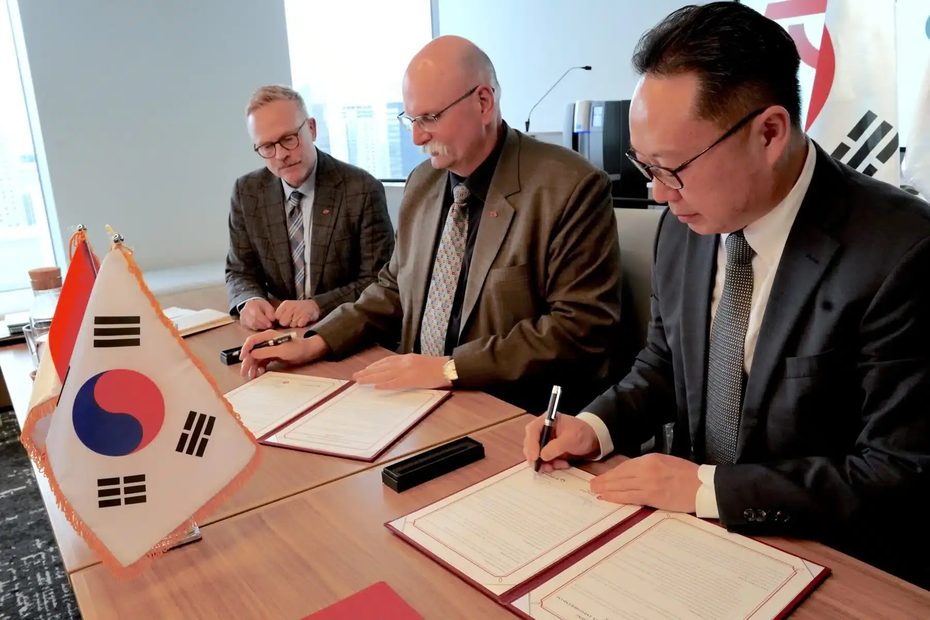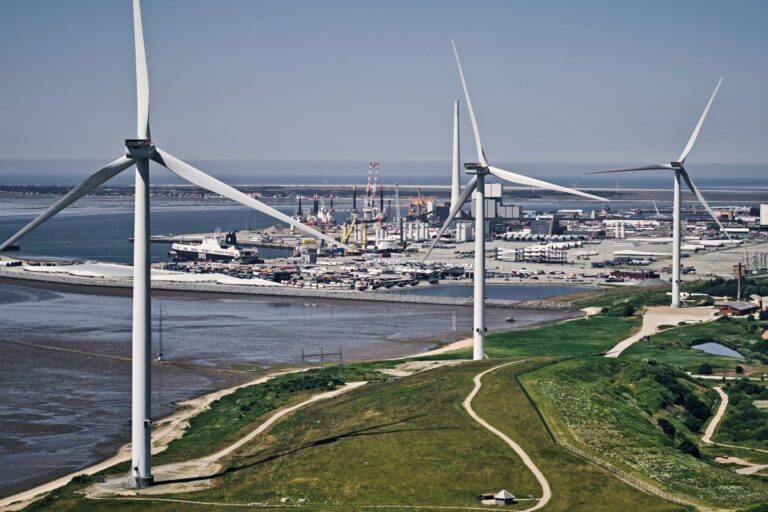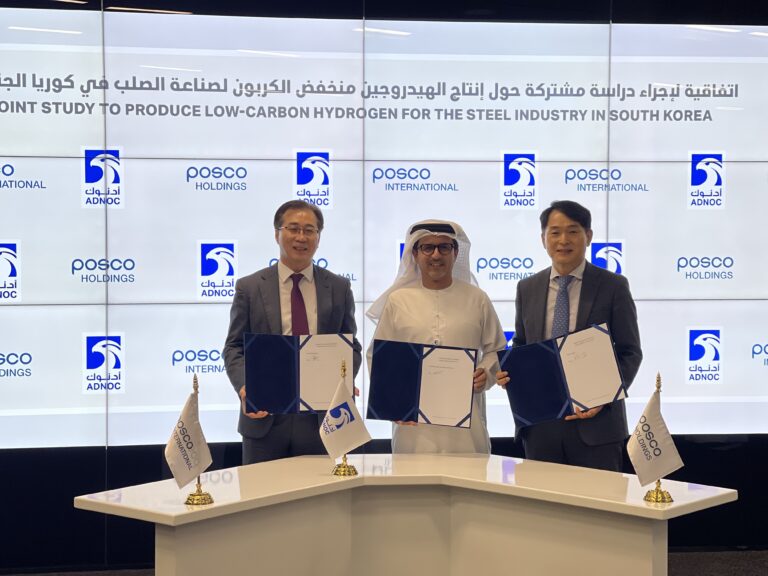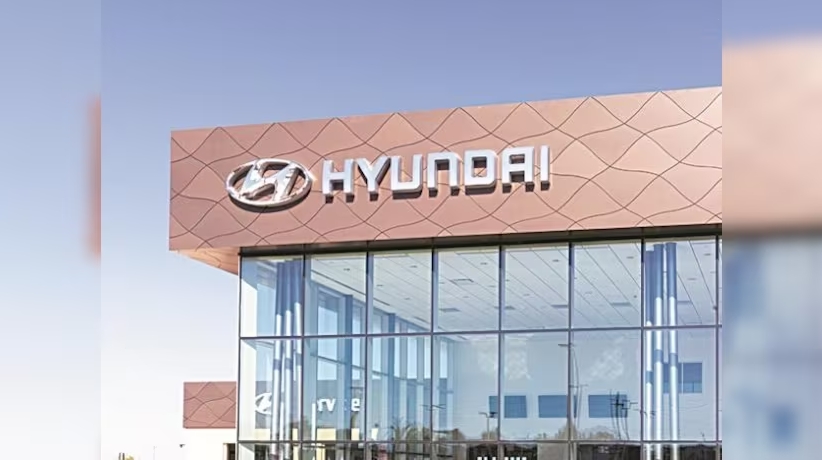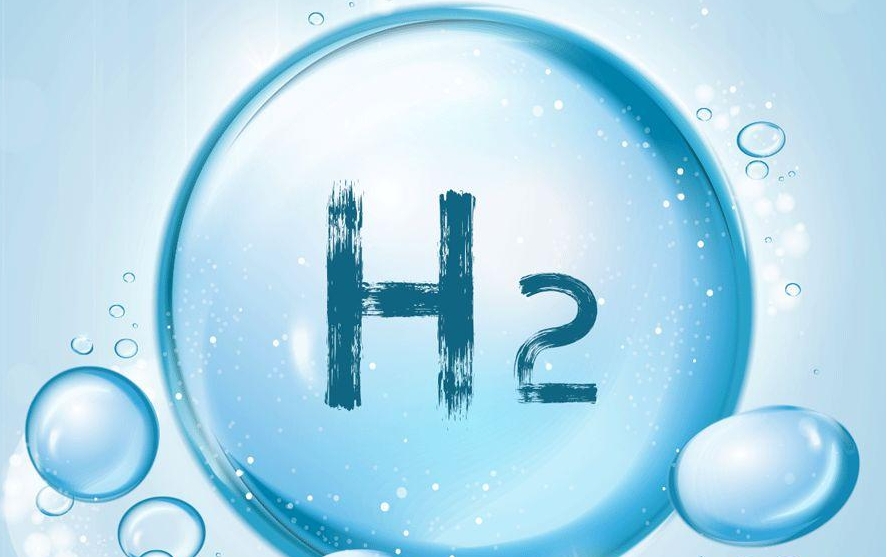Lotte Group has decided to enter the hydrogen business to create a new growth driver and at the same time strengthen ESG management.
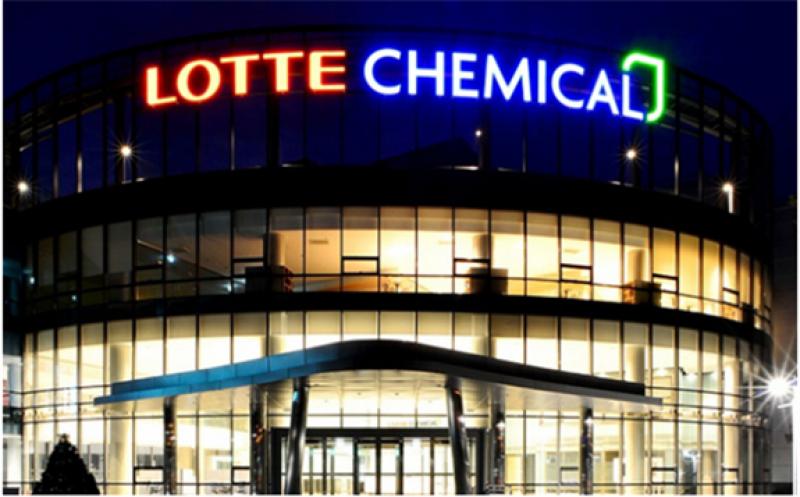
Lotte is planning to import hydrogen from overseas in the form of ammonia and distributing it in Korea. It is also pushing to supply hydrogen obtained as a byproduct of petrochemical processes to hydrogen charging stations.
"Lotte Precision Chemical, a subsidiary of Lotte Chemical, will import green ammonia from abroad and extract hydrogen from it for distribution in Korea," said a high-ranking official of Lotte Group. Ammonia (NH3) is a compound that combines one nitrogen atom and three hydrogen atoms. A large amount of hydrogen can be produced by separating nitrogen from ammonia.
Lotte Precision Chemicals made about 426 billion won in sales in 2020 from its ammonia distribution business. More than 30 percent of the company's total sales come from ammonia.
Ammonia is attracting attention because of the convenience of transportation. In order to transport hydrogen in a gas state, the volume must be reduced by liquefaction, which requires a temperature of minus 253 degrees Celsius. It is costly and unprofitable. If hydrogen is changed into ammonia, it can be transported at a much lower cost. It has a density of 1.5 times that of liquefied hydrogen, the temperature only needs to be maintained at minus 33 degrees Celsius.
Lotte is also working with South Korean energy companies to supply hydrogen to hydrogen charging stations. It plans to utilize more than 10,000 tons of byproduct hydrogen per year from Lotte Chemical's Seosan Daesan plant near the metropolitan area. It is also pushing to build a hydrogen liquefaction plant to distribute hydrogen from other factories in Korea and abroad as well as Daesan plant.
Lotte is focusing on the hydrogen business as it believes the hydrogen business is easier to enter than the battery business. Hydrogen is highly related to Lotte's current business and the hydrogen market is at its formative stage. Lotte Fine Chemical, a subsidiary of Lotte Chemical, is Korea's largest ammonia producer. Lotte Chemical also has a lot of know-how in handling hydrogen that is produced in the chemical processes. Lotte judged that it can grow into a leader in the hydrogen field as there are no clear leading companies at present.
Another point is that Lotte can strengthen ESG management through the hydrogen business. Lotte is promoting ESG management at the group level. Lotte Chemical, a petrochemical affiliate, played a key role. Strengthening eco-friendly businesses is a hot topic as Lotte Chemical releases a large amount of carbon when producing products. Lotte’s chemical business unit is aiming to rack up US$6 trillion in annual sales by 2030.


